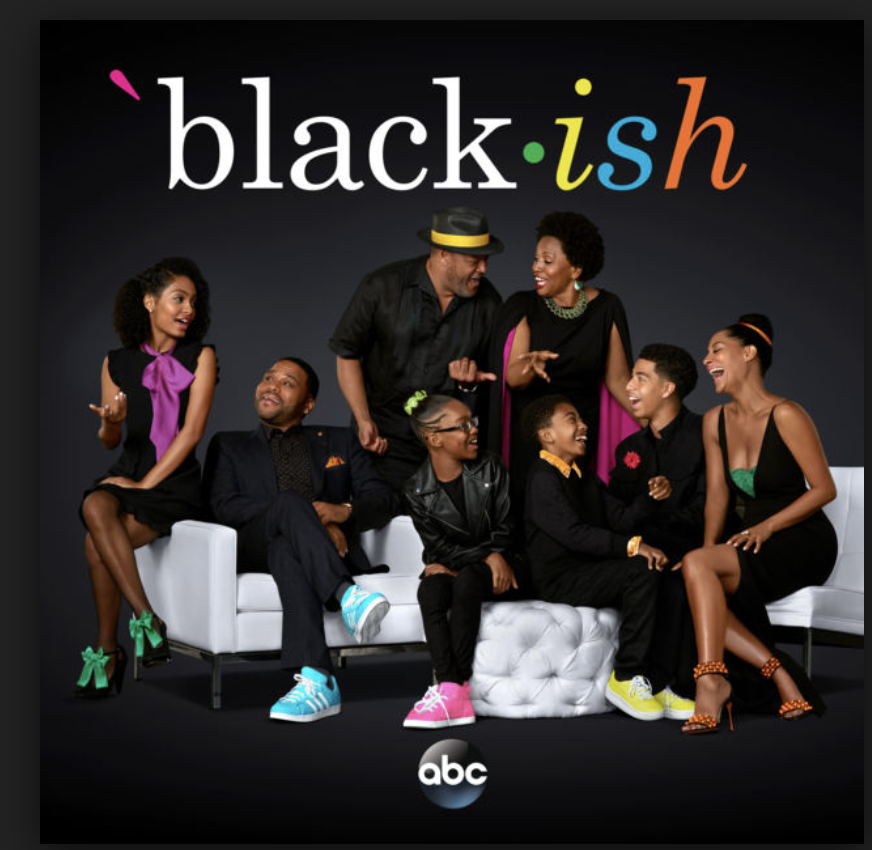Black futurism is the concept of taking black culture and applying it to a medium where it can be taken to the future, ensuring Black identity’s place in tomorrow. This article is about the different television series that have reflected black futurism.
A Different World
A Different World is a TV show that aired on NBC during the early 1990s. The television series was a spin-off of the family sitcom, The Cosby Show, created to specifically to discuss adult themes and real life issues, such as race, class, and equal rights, that were mostly avoided by its predecessor. Instead of having there be special episodes that talked about life issues, the created exploring life to be the focus of the entire show.
The series follows the oldest Huxtable’s journey to a historically black college where she learns to navigate the real world and learn about the different worlds around her. Notable episodes include AIDS Epidemic (season 4, episode 23) and racial bias (season 5, episode 14). A Different World is one of the shows in television that helped the progression of black stories to be featured more prominently in television.
Modern shows similar to A Different World include Grown-ish and Dear White People.
A Different World: Cat’s in the Cradle (part 1/6)
Ron goes to a football game and takes on a bet from students of the opposing team that his college football team will win. Ron wins the bet and the students at the opposing team vandalize his car with a racial slur.
A Different World: 4×23 – Josie shares her story about AIDS
For a class project, the students are tasked to create a eulogy for their own funeral—Josie shares to the class that she has AIDS and expects to die young. The class has a conversation about their misconceptions surrounding AIDS.
A Different World: If I Die Before I Wake (part 5/6)
Josie goes to work and faces discrimination from the customers who fear they will catch AIDS if they are around her. Josie’s boss steps in and explains to them that AIDS does not work like and the notion that it does is a misconception.
Black-ish
Black-ish is an NBC family sitcom about the Johnson Family, an upper class black family trying to maintain their sense of ethnic identity living in the predominantly white suburbs of Los Angeles. The patriarch of the family, Dre, perceives the world through the lens of race and worries his family will lose their sense of ethnic identity being surrounded by white culture. The show is about retaining a cultural identity of as black in a life where it is easy to assimilate. Conversations of race and intersectionality of it in everyday life are constantly had with Dre and his family. The show is narrated by Dre in first person point of view as he shares knowledge of black culture to keep the audience informed of the cultural significance of certain aspects of life in the black community.
Black-ish is significant because it was one the first mainstream television shows made in the 2010s depicting a black person as the protagonist. The show incorporates Gen Z and Millennials as they talk about the future of the black community and where they fit. The series discusses topics ranging from problems within the community, such as colorism, and problems outside the community, such as the judicial system.

Dre’s Lesson On Judicial System – black-ish
Dre’s son calls the police on some teenagers who were being really loud in their neighborhood. These teenagers were black and Dre explains to the coworkers the severity of being Black in the judicial system and why his son should be more careful when talking to the police.
Diane Confronts Her Family – black-ish Dre’s youngest daughter, Diane, is not lighted properly in her school picture and the family has a conversation about colorism and the experiences she has as a darker skinned black woman.
 Blog
Blog